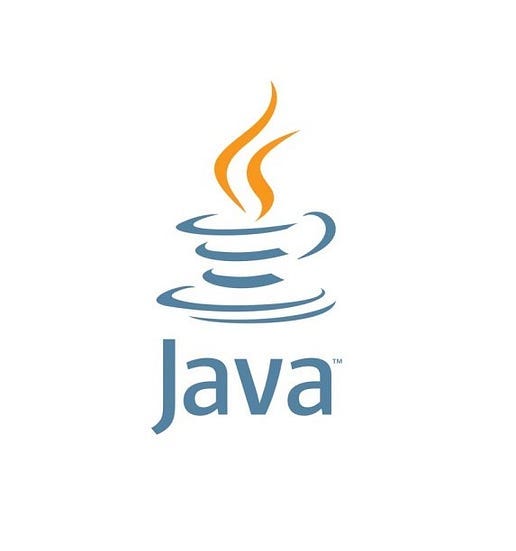Medium
1w
115

Image Credit: Medium
Understanding the equals() and hashCode() Contract in Java
- Developers often overlook the importance of the contract between the equals() and hashCode() methods in Java, leading to unexpected behavior and bugs.
- Objects with the same hash code do not necessarily have to be equal due to hash collisions.
- Proper implementation of equals() and hashCode() is crucial for hash-based collections like HashSet and HashMap to function correctly.
- If the User class overrides equals() but not hashCode(), it can lead to issues like failing the .contains() check in HashSet.
- Hash-based collections use hashCode() to locate the bucket and equals() to compare objects within the bucket.
- It is important to override both equals() and hashCode() methods in custom classes to ensure proper functioning in collections like sets and maps.
- Incorrect implementation of these methods can result in unreliable and unpredictable behavior in Java applications.
- Understanding the contract between equals() and hashCode() is essential for writing reliable and predictable Java applications.
- Properly implementing these methods ensures consistent behavior of objects in hash-based collections.
- Common mistakes to avoid include not overriding hashCode() when overriding equals(), leading to incorrect functioning of hash-based collections.
- Using a custom object as a key in a Map emphasizes the importance of understanding and respecting the equals() and hashCode() contract.
- Implementing equals() and hashCode() correctly is crucial for maintaining the integrity and consistency of Java objects used in various data structures.
Read Full Article
6 Likes
For uninterrupted reading, download the app